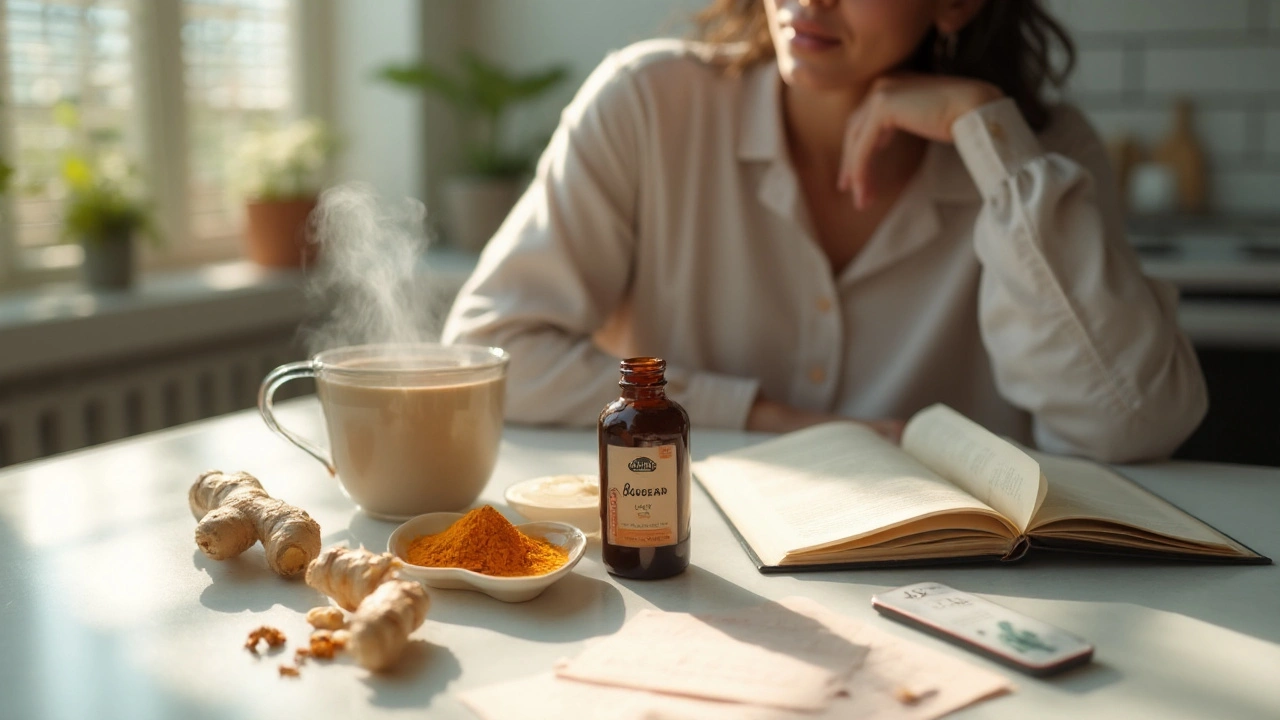Menyanthes trifoliata – What It Is and Why It Matters
Ever heard of bogbean? That’s the common name for Menyanthes trifoliata, a small water‑loving plant that grows in marshes across Europe and Asia. Its tiny white flowers and three‑leaf clusters might look unremarkable, but centuries of folk medicine have given it a surprising reputation for supporting lungs, digestion, and even skin health.
If you’re curious about natural ways to boost your wellbeing, this herb is worth a closer look. It’s not a miracle cure, but it does have a few proven actions that can complement a balanced diet and a healthy lifestyle.
Traditional Uses and Modern Research
In traditional European herbalism, Menyanthes trifoliata was boiled into teas or tinctures to calm coughs and ease bronchial irritation. Healers also used it for stomach cramps and mild diarrhea, believing its bitter compounds helped stimulate digestion. Today, researchers have identified flavonoids, saponins, and phenolic acids in the plant that show antioxidant and anti‑inflammatory effects in lab studies.
One small clinical trial in Poland found that a standardized Menyanthes extract reduced cough frequency in patients with chronic bronchitis. While the sample size was limited, the results line up with the plant’s historic use as a “lung tonic.” Another study highlighted its ability to protect liver cells from oxidative stress, suggesting a possible role in supporting liver health.
How to Use Menyanthes trifoliata Safely
If you want to try Menyanthes trifoliata, the easiest entry point is a tea. Use about 1‑2 grams of dried herb per cup of hot water, steep for 10‑15 minutes, and drink up to three times a day. For a stronger effect, some people make a tincture by soaking the herb in alcohol (40‑50% strength) for two weeks, then taking 10‑20 drops diluted in water.
Start with a low dose and see how you feel. The herb is generally well‑tolerated, but high amounts can cause mild stomach upset or a bitter aftertaste. Avoid it if you’re pregnant, nursing, or have a known allergy to related plants. Always check with a healthcare provider before adding any new supplement, especially if you’re on prescription meds.
Finding quality Menyanthes trifoliata can be a bit tricky. Look for reputable herbal suppliers that list the Latin name on the label and provide a batch analysis. Wild‑crafted material may be contaminated with pollutants, so opt for certified organic when possible.
In summary, Menyanthes trifoliata offers a modest but useful set of health benefits—mainly for respiratory comfort and digestive ease. It’s a low‑cost, low‑risk herb that fits nicely into a broader wellness plan focused on whole foods, regular movement, and good sleep.
Got questions about dosing, tea prep, or where to buy a trustworthy product? Drop a comment below or reach out through our contact page. We love hearing how readers experiment with herbal allies in their daily routine.

Bogbean Supplement Benefits, Uses, Dosage, and Safety (2025 Guide)
Curious about bogbean? Learn what it does, who it helps, evidence, safe dosage, and smart alternatives-so you can decide if it fits your health goals in 2025.
Read More